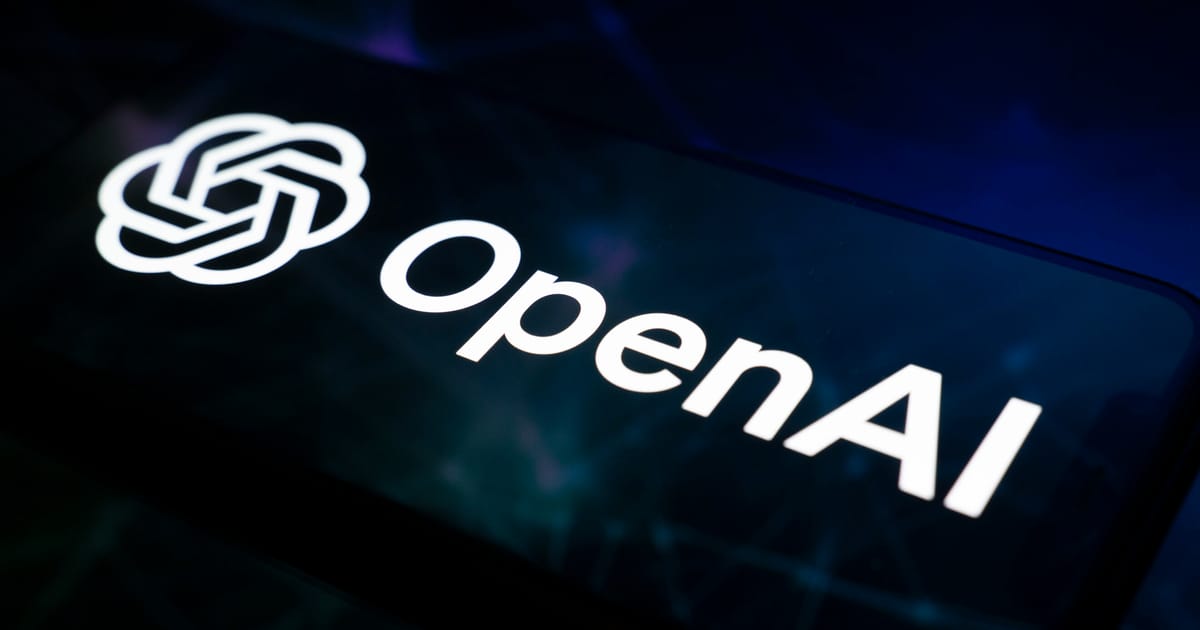The Artificial Intelligence Act, which took years to negotiate, is not even fully in place yet. Throughout 2025 a growing chorus of national governments and executives from tech companies and industry lobby groups have called for a delay of a part of the law, putting the issue at the center of a wider fight in Brussels over how the EU should balance regulation and innovation.
Wednesday’s proposal will see industry voices win out, with the announcement made under the same Commission president that heralded the original law as a “historic moment” to make people safer.
While the EU executive will present the proposal as a technical adjustment that will ultimately make the EU’s regulation more effective — on the basis that changes will help industry to comply — it follows an intense lobbying effort by the Trump administration in Washington and from corporate lobbies in Brussels against the bloc’s digital rules.
“A part of the message that Europe is giving to the rest of the world is that it is open to pressure from tech companies and other nations,” said Natali Helberger, a professor of law and digital technology at the University of Amsterdam. “I would say this harms the credibility.”
Under the plans expected Wednesday, a series of AI practices that are classified as high risk — for example using artificial intelligence in recruitment, to assess people’s suitability to get loans or to score exams — won’t face obligations for at least a year longer than planned.
A big part of the justification for the decision has been concerns that the regulations will prevent Europe from being competitive at a time when it needs to level up. Tech lobbies have slammed the foreseen timeline as “unworkable.”
